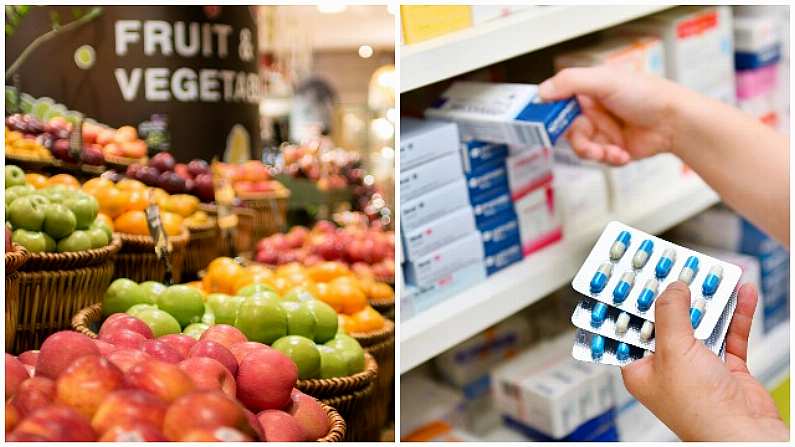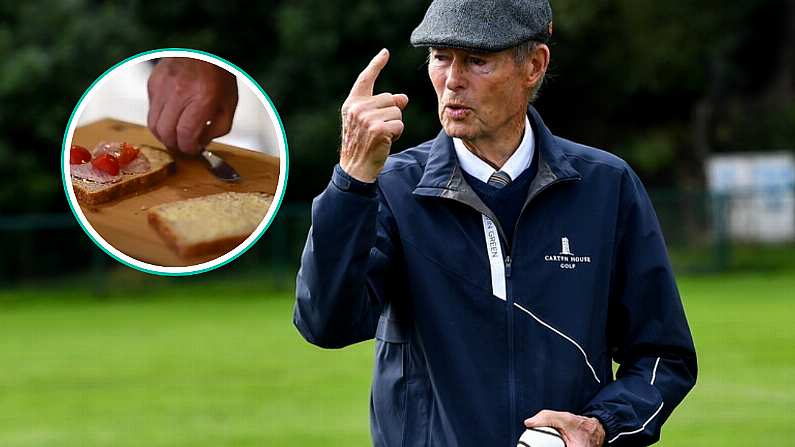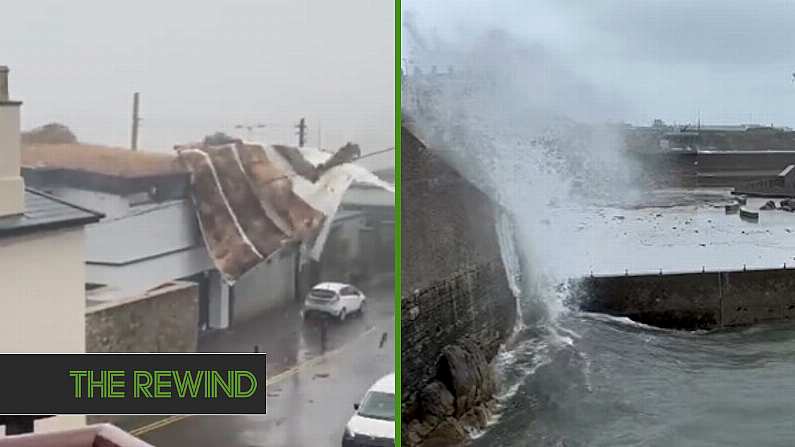The government announced on Tuesday a new set of measures which have been put in place to ensure that the spread of the Covid-19 pandemic is curbed.
Those measures include that all "non-essential" retail outlets be closed until at least April 19th.
A list of what is considered an essential outlet has been provided.
They include:
- Retail and wholesale sale of food, beverages and newspapers in non-specialised and specialised stores
- Retail sale of household consumer products necessary to maintain the safety and sanitation of residences and businesses
- Pharmacies/chemists and retailers providing pharmaceuticals, pharmaceutical or dispensing services
- Opticians/optometrists
- Retail sale of medical and orthopaedic goods in specialised stores
- Fuel stations and heating fuel providers
- Retailers involved in the repair of motor vehicles, motorcycles and bicycle repair and related facilities (for example, tyre sales and repairs)
- Retail sale of essential items for the health and welfare of animals, including animal feed and medicines, animal food, pet food and animal supplies including bedding
- Laundries and drycleaners
- Banks, post offices and credit unions
- Retail sale of safety supply stores (for example, work clothes, Personal Protective Equipment)
- Hardware stores, builders’ merchants and stores that provide hardware products necessary for home and business maintenance, sanitation and farm equipment, supplies and tools essential for gardening/farming/agriculture
- Retail sale of office products and services for individuals working from home and for businesses
- Retailers providing electrical, IT and phone sales, repair and maintenance services for home
All outlets must ensure that there is adequate distance between customers and shop assistants and that people only be allowed into stores in small groups.
It is also suggested that, where possible, parents should limit the attendance of their children in stores.
Picture credit: Shutterstock.com













